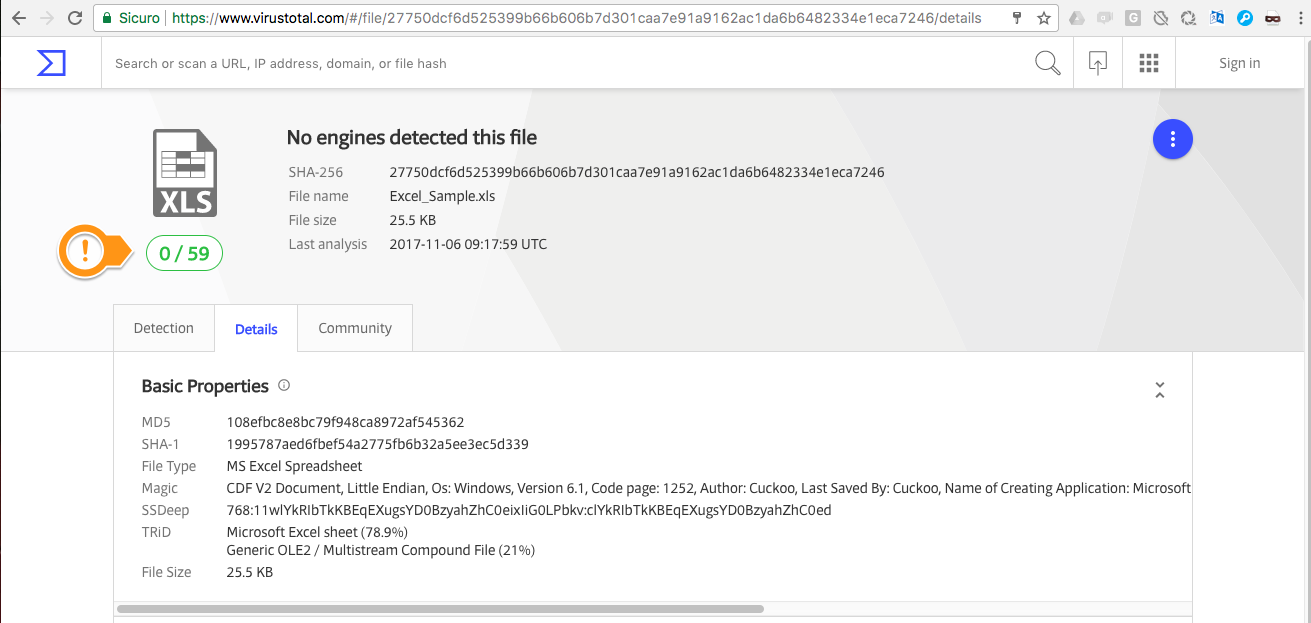LIBRAESVA: TOWARDS OUR 2018 RICH OF NEWS!
This year is coming to the end and Libraesva is already thinking about the next one! We play in advance, introducing two interesting … pearls!
1) Esvalabs Security Blog
Is officially online our Security Blog, born to accompany Partners, Customers and all those who are interested, through the latest news which stud email security landscape.
Actually email is the more common business communication tool and cyber threats have found here an evolving fertile ground.
Thanks to our Security Blog and our experts, you can be always up-to-date on email security news and not be caught unprepared and off guard from email threats and attacks that mine your business!
Read it: https://www.libraesva.com/security-blog/
2) Email Security Tester
More than 90% of targeted attacks start with an email, and these threats are always evolving.
For this reason, Libraesva are offering an ‘email security tester’ to allow you to evaluate your current solutions effectiveness.
You simply need to insert your email address, you will then receive a series of harmless but potentially dangerous emails. The result will show how successful your solution has been and highlight any areas of weakness if you receive one of these armed emails.

